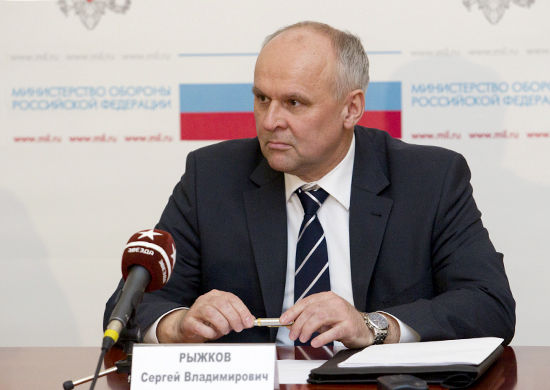On Tuesday, August 17, a group of inspectors from Russia visited one of the military facilities in Lithuania. The head of the Russian National Center for Reducing Nuclear Danger, Sergey Ryzhkov, explained that such business trips are organized to check information about the military forces and plans for the deployment of major weapons systems and military equipment. Such international control is provided for in the Vienna Document of 2011 on Confidence-and Security-building Measures.
Our officers had to make sure that the Lithuanian garrison lives an ordinary life, and there are no actions that threaten neighboring states. The local military did not interfere with this control. They conducted colleagues in the garrison and gave the necessary explanations on personnel, weapons and equipment.
At the same time as Lithuania, the same inspection was carried out in Cyprus. The Russian controllers organized it according to the traditional scheme: inspection of a military facility and information from the command about a military unit. The Vienna Document gives international inspectors the right to receive it on the spot. The only restriction is that guests should not distract personnel from service and classes and limit their interest to the territory agreed with the local military.
After the US withdrew from the Open Skies Treaty on an obviously far-fetched pretext and Russia was forced to follow a similar procedure, Russia's cooperation with Western states in the field of security is limited only by the Vienna Document of 2011.
Yuri Gavrilov

